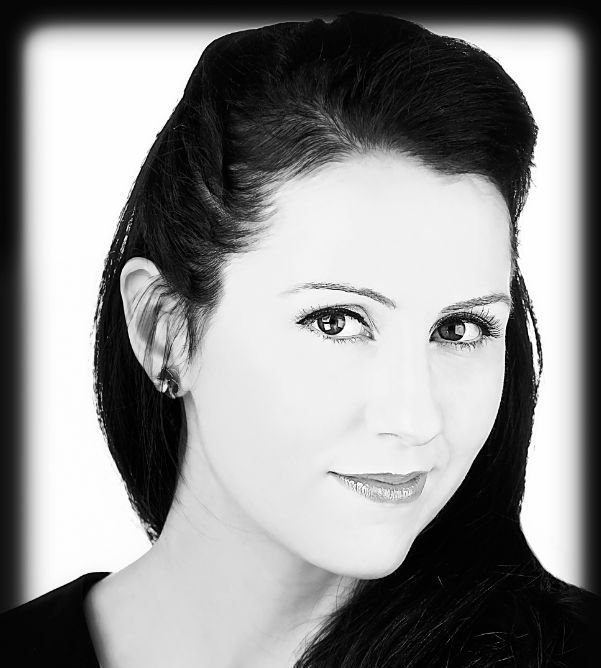Editor’s note: Steve Armstrong is the contributor today. His bio is at the end of the article.
New Career?
Tired of being misunderstood, ridiculed, or feel exploited at work? Or do you just think that your skills should be developed further, and that you have already reached the point where the joy of work transforms itself into everyday routine?
It is time to change your career path, or simply find another job, unless you want to work hard without being respected or appreciated.
Career Planning
You need to make a decision about your desire for career changes. If you change your career path, it means doing something completely different. For example, you are a journalist, and now want to work in the field of engineering. Otherwise, you could take your chance to find such a job similar to the previous one (switching from journalism to teaching English Literature). Everyone has his own career path.
Career path may be defined as the way to develop yourself professionally, based on your current personal skills, professional competencies, education and work experience. In order to plan your career wisely, you should analyze your skills well (e.g. responsibility, punctuality, ability to work in dynamic environment, etc.) and to use them for enhancing your professional competencies (for a teacher they could be: knowledge in the specific field of teaching, pedagogy, work with specific documentation, etc.).
Most people do not realize their career plans or do not feel free to choose career paths. It leads to frustration and low self-esteem. Therefore, if you want to change your career path, first you should know more about it. Analyze yourself, ask friends and relatives, ask career counselors. They will help you. After that, start planning your career: its goals, actions you should take to achieve them, expected results.
More specific steps that a person can consider while thinking about changing his or her career include:
- Think of whether you are satisfied with your current job or not
- Decide if you need to change your career
- Try to assess yourself: interests, skills and values
- Brainstorm on the list of alternative occupations and explore them carefully
- Set your goals
- Prepare a career action plan
- Train yourself for a career you want to pursue
When to Change Your Career
Now, it is time to reflect on the question: are you satisfied with your current job? If no, why? In what respect do your expectations differ from the reality? Maybe you have planned your career in a wrong way?
Look at your skills, competencies and (especially!) work experience. What kind of job could give you the pleasant feeling of working hard, being respected and well-paid?
Remember: If you are a thesis writer, working as an accountant could put you in trouble (providing you don’t have education or experience in accounting). Thus, look for a job that would be easy for you to adapt to. It’s never late to do it.
Plan and Educate
In conclusion, it must be said that in order to change your career wisely, it requires a lot of critical reflections and self-analysis. Plan your career as precisely as possible, formulate your expectations and work on developing your skills and competencies, to be sure that you will find the right job for you in the easiest way.
Author Bio: Steve Armstrong works part-time for a college paper writing service at http://www.solidessay.com/our-services/thesis-writer, where he consults students on how to format and structure their research papers and dissertations. Read more here.
About Mark Anthony Dyson
I am the "The Voice of Job Seekers!" I offer compassionate career and job search advice as I hack and re-imagine the job search process. You need to be "the prescription to an employer's job description." You must be solution-oriented and work in positions in companies where you are the remedy. Your job search must be a lifestyle, and your career must be in front of you constantly. You can no longer shed your aspirations at the change seasons. There are strengths you have that need constant use and development. Be sure you sign up to download my E-Book, "421 Modern Job Search Tips 2021!" You can find my career advice and work in media outlets such as Forbes, Inc., Fast Company, Harvard Business Review, Glassdoor, and many other outlets.


